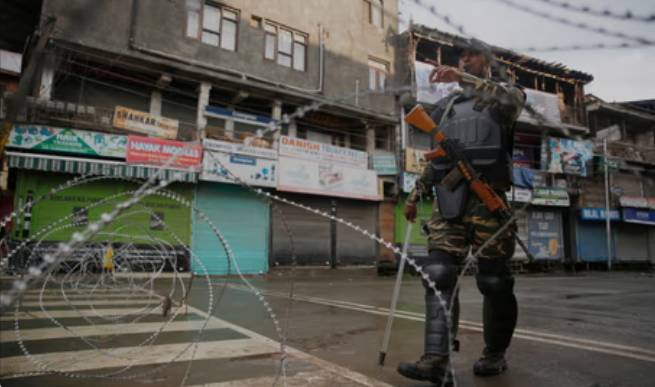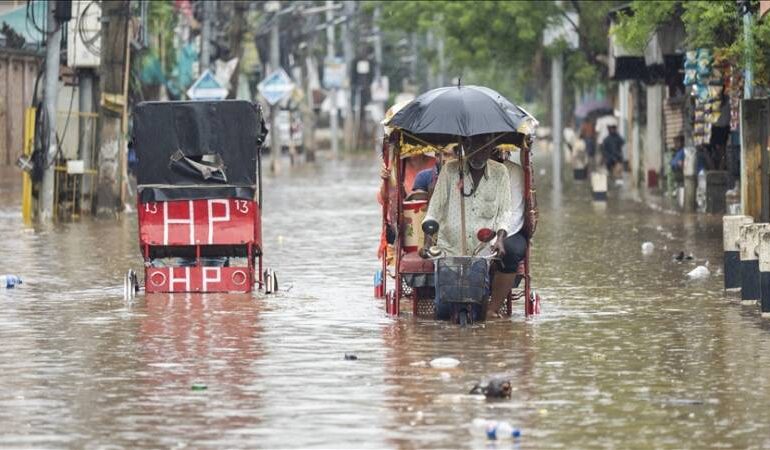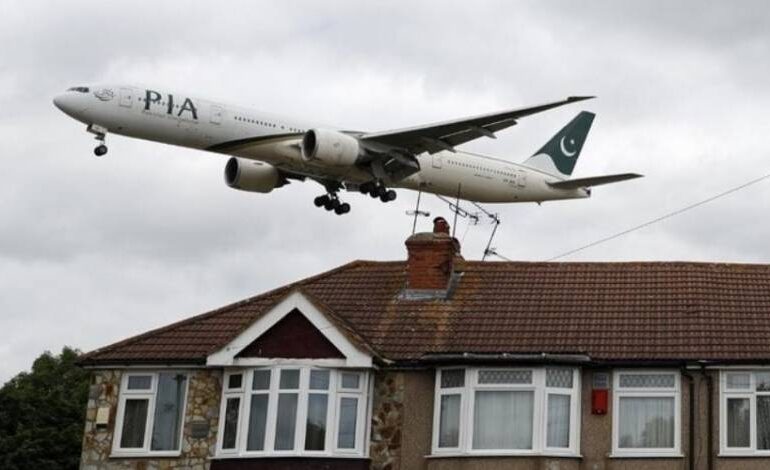
Modi Government Bans Martyrs’ Day Events in Kashmir
July 16, 2025 – Srinagar, Jammu & Kashmir: The Indian government, under Prime Minister Narendra Modi, has intensified its crackdown on Kashmir’s cultural and historical identity, drawing sharp criticism from political leaders and rights activists after banning Martyrs’ Day events across the region.
In a move widely perceived as an attempt to erase the memory of resistance against the autocratic rule of Maharaja Hari Singh, the Jammu and Kashmir administration has refused to grant permission for public commemorations, including memorial services at the iconic Martyrs’ Graveyard in Srinagar.
The significance of July 13—the day observed in remembrance of the 22 Kashmiris martyred in 1931 during protests against monarchical oppression—has been officially removed from the list of regional holidays, according to a report by NDTV. Authorities have further imposed heavy restrictions in parts of Srinagar, effectively silencing any symbolic gatherings.
Former Chief Minister Omar Abdullah strongly denounced the ban, stating, “Democracy in Jammu and Kashmir has become a tool for unelected tyranny. Delhi’s handpicked appointees have imprisoned the people’s chosen representatives.”
Mehbooba Mufti, president of the People’s Democratic Party (PDP), also condemned the heightened security presence around the graveyard, calling it “a sign of a frightened administration afraid of the truth.”
Meanwhile, Sajad Lone, head of the J&K Peoples Conference, accused the central government of systematically attempting to rewrite Kashmir’s history to suit a particular political narrative.
This development is the latest in a string of moves following the abrogation of Article 370 in 2019, which stripped Jammu and Kashmir of its special constitutional status. Since then, events commemorating local freedom fighters have been systematically banned, while Maharaja Hari Singh’s birthday has been controversially declared a public holiday—a decision seen by many as a direct affront to the region’s historical memory and democratic struggle.
Civil society groups, opposition parties, and the local population view these decisions as part of a broader strategy to reshape Kashmiri identity under a centralized narrative, effectively silencing public discourse and dissent.






